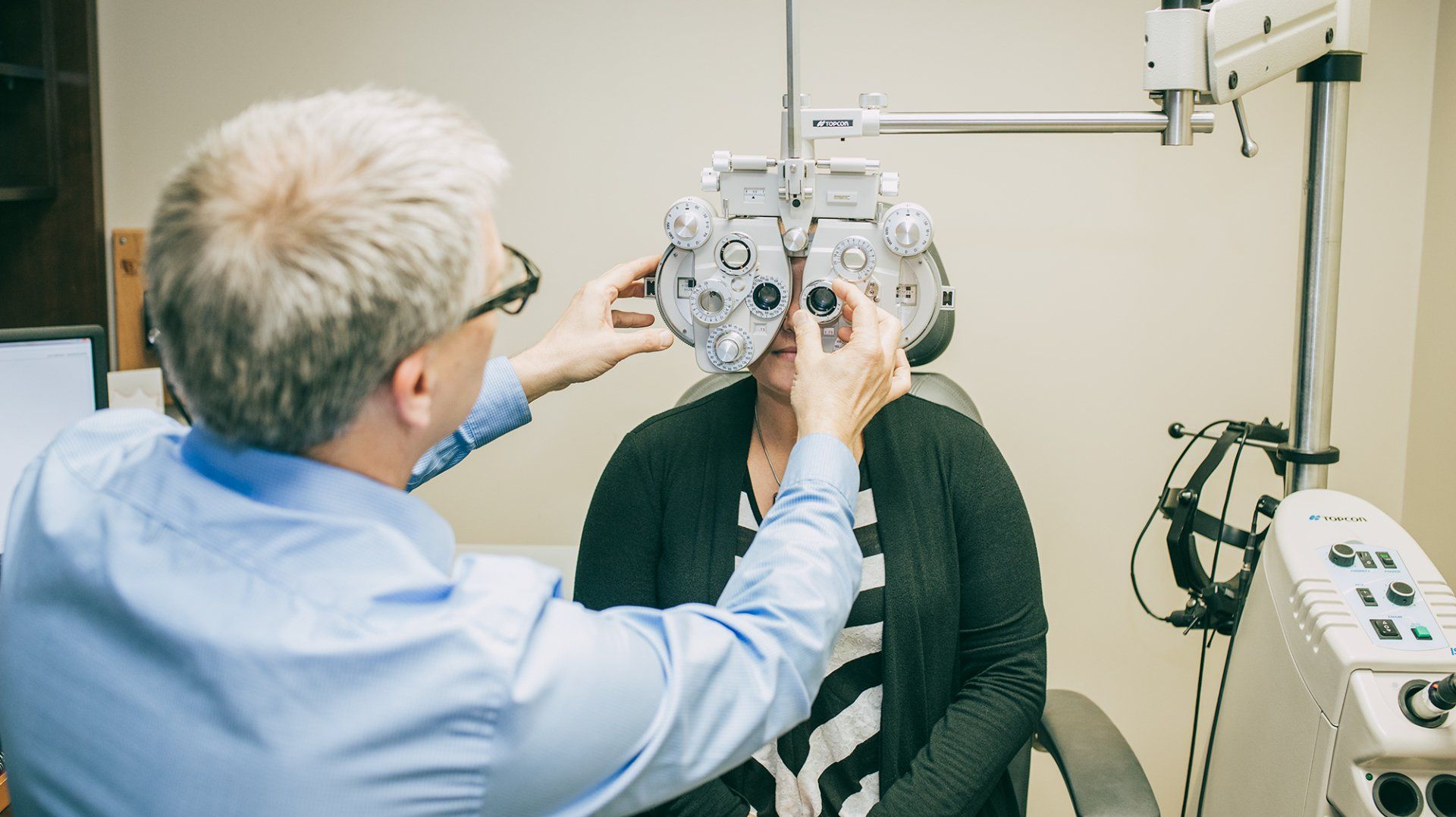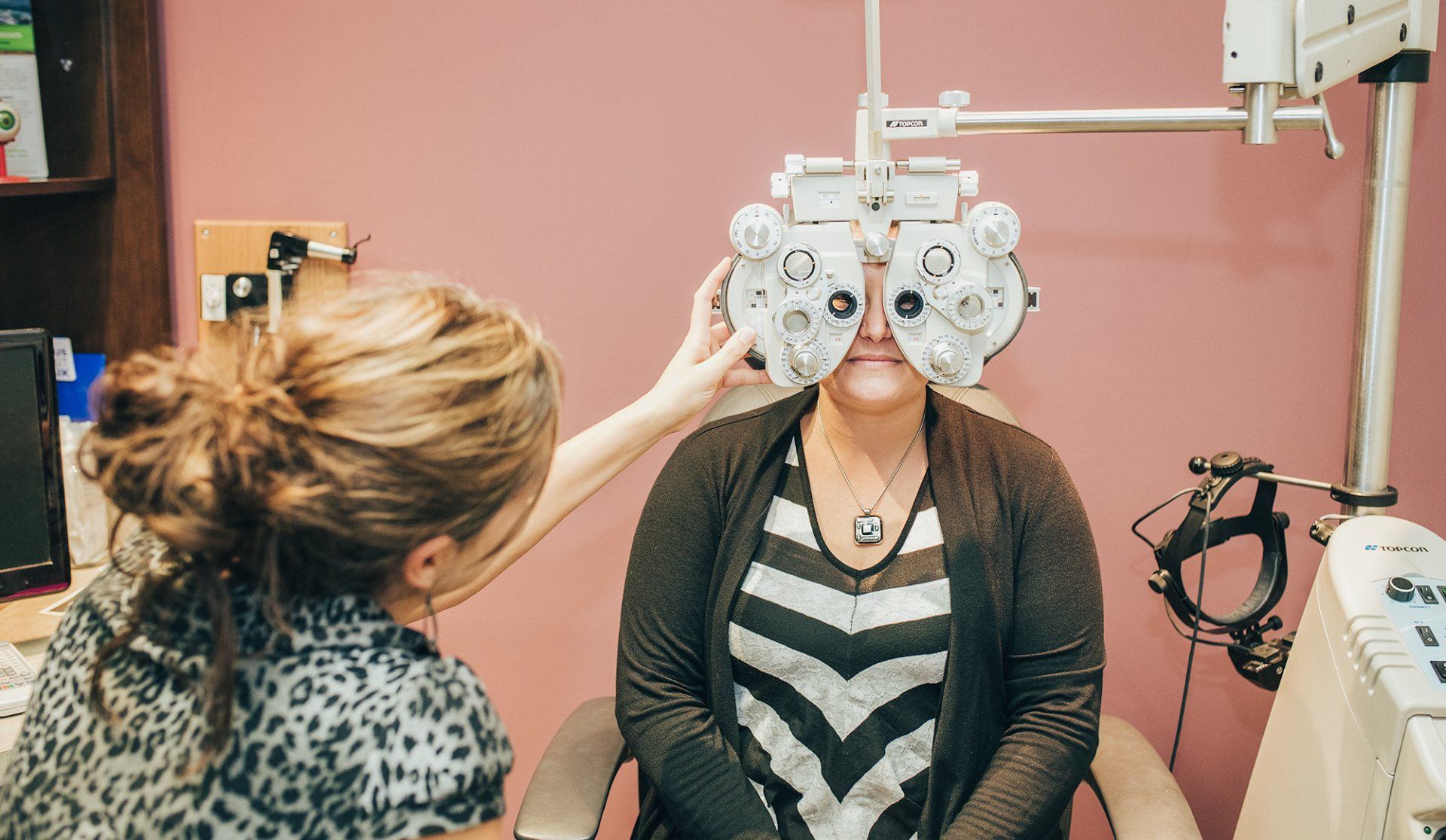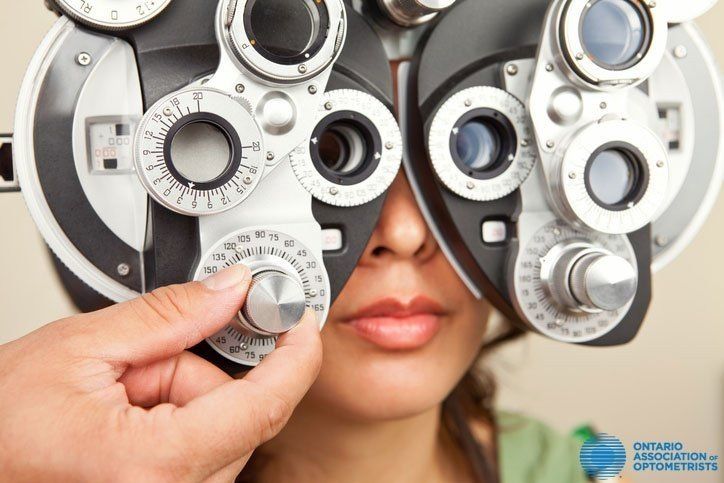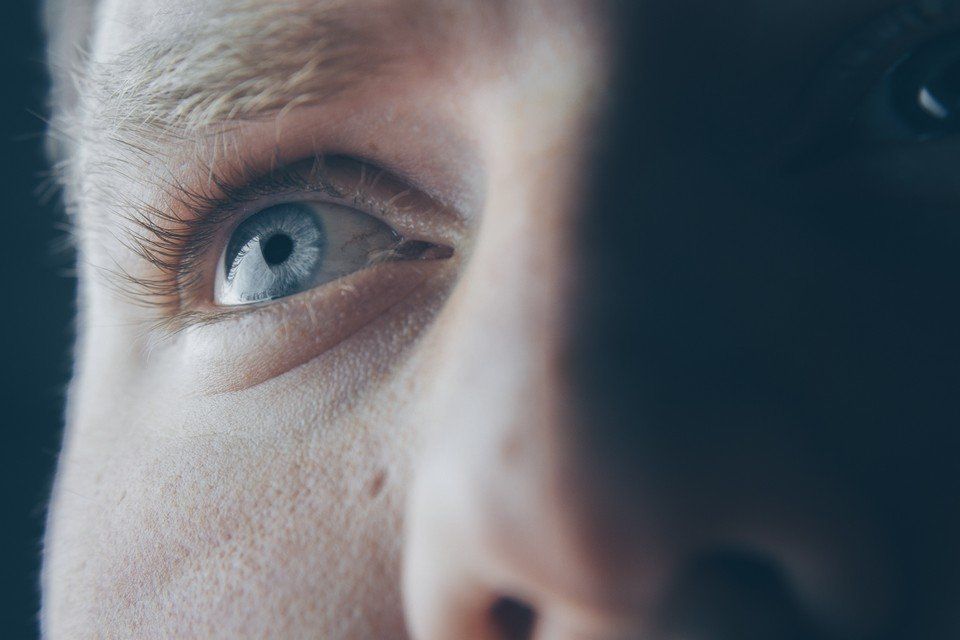Burlington Dry Eye Clinic
"Do I have dry eye? What are some symptoms of dry eye?"
What is Dry Eye?
Do I have Dry Eye? What are Some Symptoms of Dry Eye?
Dry eyes can have any or all of the following symptoms, and may be worsened with dry/drafty weather, work or home environments, computer/phone/TV screens, or even reading.
- Irritation and/or burning, sandy, gritty feeling
- Watering (yes, watery eyes can be a reflex due to dryness!)
- Blurry, fluctuating vision
- Redness
What Causes Dry Eyes?
Dry eye can be caused by many different factors:
- Age and gender (female)
- Certain medications and medical conditions
- Eyelid hygiene
- The anatomy of your eye
- Contact lenses
- Dry/dusty/drafty environments
- Weather
- Computer usage
Different forms of dry eye have different treatments. See our optometrists to determine the cause of your dryness and the best treatment plan, tailored to your own eyes.
How do I Know Which Type of Dry Eye I Have?
As part of our Dry Eye Clinic, a complete assessment and evaluation of the severity and type of dryness you have will be performed, including the following:
- Dry Eye Questionnaire and history
- Microscopic examination of your eyelids, eyelashes, and corneas
- Dye testing of the front surface of your eyes
- A digital measure of the salinity and concentration of your tears
- Infrared imaging of your own eyelid oil glands (meibography)
- Assessment of the tear quality and function of your eyelid glands
Using the information gathered during your dry eye testing, we will personalize a treatment plan and work with you to improve your dry eye signs and symptoms.
What is the Best Treatment for my Dry Eyes?
Dry eye is a multifactorial disease. The best treatment for you may be different from someone else, depending on the severity and/or cause of your dryness. At Burlington Eyecare, we may recommend the following products and/or treatments:
- Non-preserved artificial tears or gels with hyaluronic acid
- Long-lasting & reusable hot compress eye masks to improve tear quality
- Eyelid/eyelash cleansing gels and wipes for lid hygiene
- High quality omega-3 supplements to improve tear quality (Physician Recommended Nutriceuticals)
- Medicated eye drops or ointments
- In-office i-Lux dry eye therapy performed by our optometrists
- Punctal plugs, inserted by our optometrists, to increase tear volume
- Oral medications
- Scleral contact lenses
Remember to drink plenty of water, limit caffeine usage, and modify fans or air flow at home, at work, or in your car.




